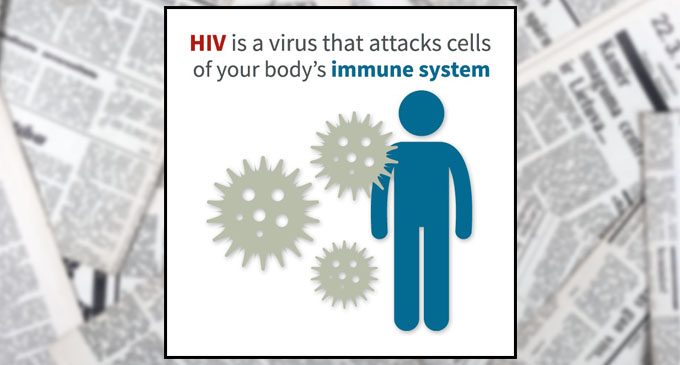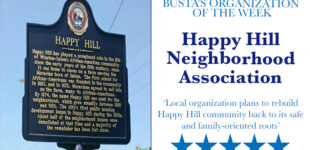How N.C. is reaching young black males about HIV/AIDS

BY CASH MICHAELS
FOR THE CHRONICLE
If there is one demographic statistically most at risk for contracting the HIV virus, and subsequently the AIDS disease, it’s young black males, ages 13-24. And the situation is “not improving.”
According to the U.S. Centers for Disease Control, 73 percent of new diagnosed HIV cases are African-American men, 57 percent of whom are classified as gay or bisexual, and 39 percent of that group is between the ages of 13 to 24.
Alarmingly, a stunning 87 percent of new cases in that age range occurred between 2005 and 2014.
What can be done to reach this young demographic with effective HIV/AIDS education and prevention, especially when the lifestyle of young gay men is still considered taboo in the black community?
“This is something both alarming, and unfortunately, true,” says State HIV/STD Director Jaquelyn Clymore with the Epidemiology Branch of the Division of Health, the N.C. Dept. of Health and Human Services, confirming the same HIV infection among that young black male demographic.
“We have a growingly disproportionate HIV epidemic among young [gay] men, and that is particularly true among young minorities, particularly African-Americans. It is alarming, and very, very concerning to all of us working with HIV and STDs (sexually transmitted diseases), and it is a health disparity that is not improving.”
Clymore says there are a lot of “different reasons” for that, but that her department is mobilizing every resource it has to find answers. New HIV infections for black males 13 to 24 have seen a steady to quick rise in the state over the past five to ten years, she says.
And Clymore confirmed that many of North Carolina’s more urban counties, led by Mecklenburg, Wake and Forsyth, have the lion’s share of young black male HIV cases because it’s easier for young black gay men to live in those more populated urban communities, as opposed to rural areas.
“It’s where they can meet people, and avoid the stigma and judgment of being both HIV and gay,” Director Clymore says.
Her department was awarded a CAPUS grant to address health inequities in HIV in minority communities to overcome barriers in testing, in getting care, and staying in care.
The grant helped fund a men’s clinic in Raleigh and Durham to help identify HIV carriers and get them the care that they needed, including new medications to help prevent any further spread of the HIV virus from one partner to the other. The are other pro-grams to help with education and prevention that Clymore feels gives those battling the deadly disease more tools to fight with than they had even five years ago.
Many of the new prevention drugs, however, are expensive and not covered, so there is still a struggle to bring down the costs for those who need them.
Another program is called “Safe Places,” which is being conducted in seven areas of the state run by young black men for young black men, working on HIV screening and education.“We are encouraging
young men to refer each other to these groups,” Director Clymore said.
For more information or questions about any of the state’s HIV/AIDS pro-grams, contact Jacquelyn.Clymore@DHH S.NC.gov.
















